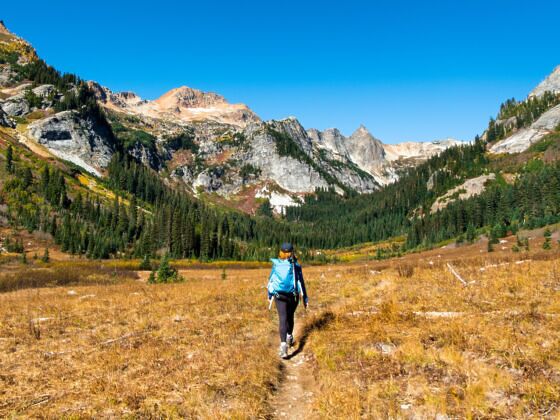“Every day is a journey, and the journey itself is home” – Matsuo Basho
IT’S AUGUST 15th, 2016 and I’m seated in my Brooklyn apartment, ready to purchase a one-way ticket to Costa Rica. My rent is $1,607 per month. I’m a Director at a rapid-growth New York City tech startup and making over six-figures. I have a pseudo-girlfriend, a Vespa, and student loans that are paid each month. Finding a friend for a meal or a drink is only a text away, and my family lives an hour from me. This is my life and my life is my home. With a click, I change my life.
